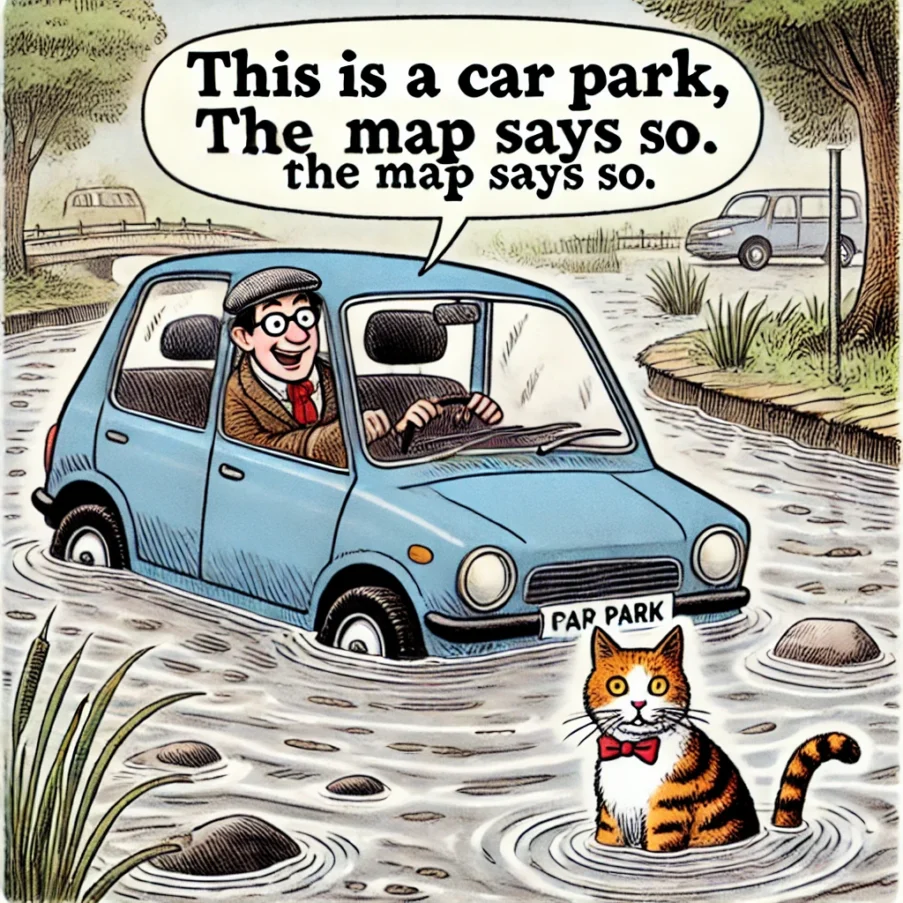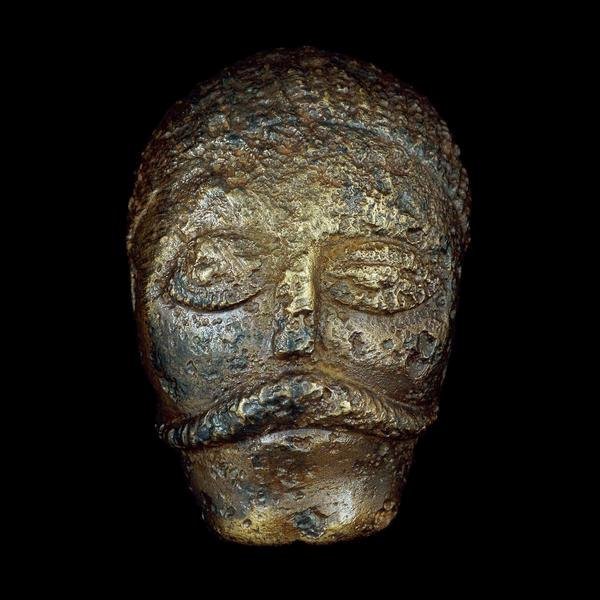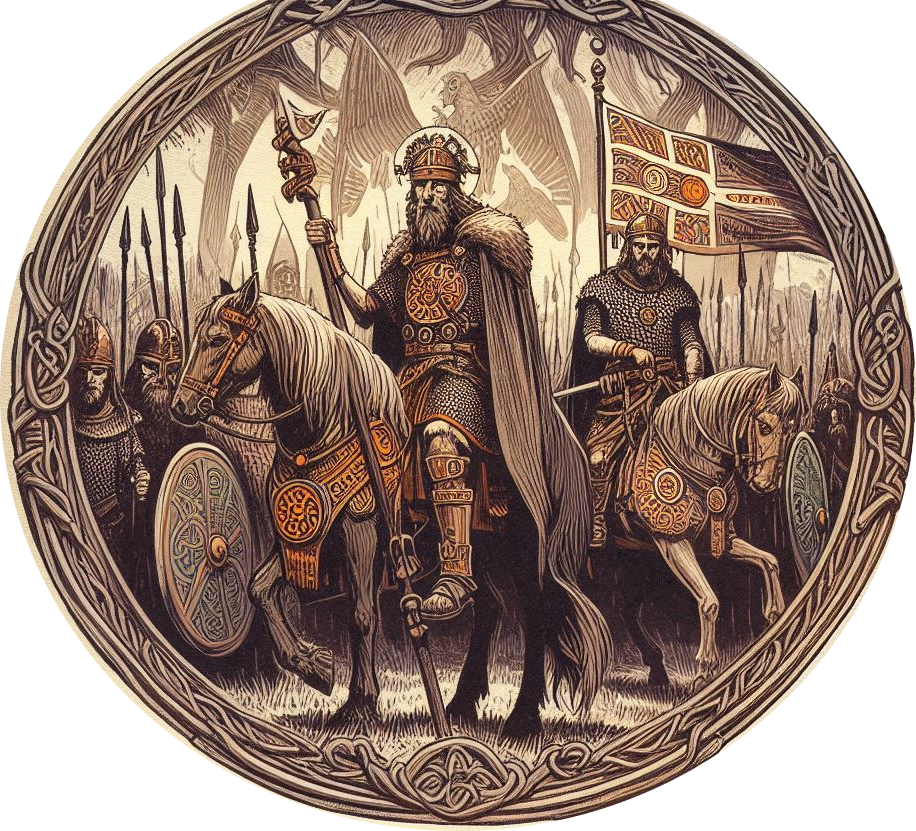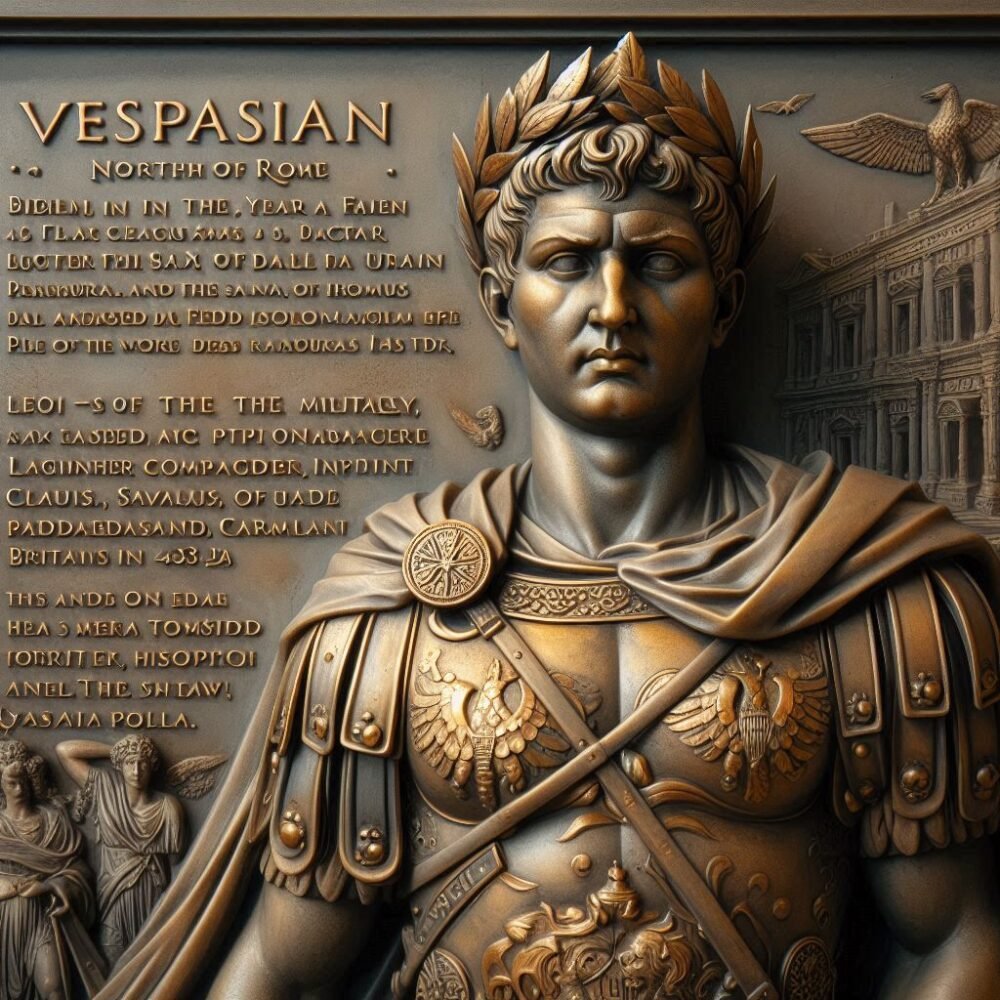The Simple Assumption: How Our Perceptions of the Past Can Lead to Cognitive Bias
We often take for granted the advancements we see in the world today. Many inventions, breakthroughs, and societal changes feel almost mundane to us, simply because we are accustomed to living in an era where they are well-established. From the smartphone in our pockets to the internet that connects us globally, much of modern life seems simple. But, when we look back at the past, especially through the lens of human history, it’s crucial to recognize that every new development, no matter how apparently simple it seems to us today, was once as monumental and difficult to achieve as a global Einstein moment.
This article delves into how what we might perceive as “simple” in modern times could, in fact, be a misleading assumption, undervaluing the intellectual, emotional, and physical effort it took to arrive at these breakthroughs. Even the most seemingly mundane inventions or practices may have been the result of years of labour, struggle, and complex thought processes. In fact, they may have been as impactful as the nuclear bomb—transforming societies, economies, and environments in ways we often overlook today.
The Complexity Behind Simplicity
Let’s consider the invention of basic tools—an axe, a plough, or even the construction of a drainage ditch. To us, these seem like simple solutions that have been around for millennia. However, in their time, the minds that devised these tools and techniques were faced with seemingly insurmountable problems. The creation of the first tools was likely a leap forward in cognitive evolution. It wasn’t just a matter of hitting a rock against a stick and calling it a tool. It was about understanding the relationship between materials, shaping tools to fit specific purposes, and developing the mental capacity to predict how these tools would affect the environment and human survival.
In the context of their time, these developments were monumental. They were the equivalent of what we would now consider ground-breaking inventions—like the development of the internet, the discovery of electricity, or even the atomic bomb. Each of these seemingly simple innovations represented the culmination of collective effort, creativity, and problem-solving that changed the course of human history.
What seems simple to us today may have once been a revolutionary concept that, in the context of the past, carried enormous intellectual weight. Every development, no matter how seemingly minor, had to overcome cognitive hurdles, prejudices, and limitations of the time.
The Cognitive Bias of Simplicity
A key factor in how we perceive past advancements as simple is cognitive bias—the tendency to view things through a distorted lens shaped by our own experiences and understandings. We often assume that things were as easy to achieve in the past as they are in our present, underestimating the complexity of early human thought and invention.
This bias can be especially harmful in fields like archaeology, where simplified narratives often dominate. It’s easy to look at ancient tools, architecture, or even the beginnings of agriculture and think, “That must have been simple for them to figure out.” But when we strip away our modern assumptions, we realize that these were monumental moments in cognitive development. The tools, techniques, and systems we take for granted today were unfathomable feats of innovation in their time.
For example, early humans had to develop an understanding of the natural world that we take for granted today: how to plant, how to manipulate the environment for food, how to build shelters, how to organize a community. These developments were not achieved in a moment of inspiration; they required long periods of trial and error, intergenerational knowledge, and the ability to learn from failure.
The Impact of Simple Innovations
When we fail to recognize the complexity of these early innovations, we risk losing the full context of their impact. The development of agriculture, for instance, is often seen as a straightforward transition from hunting and gathering to farming. But in reality, this shift was as transformative as any scientific breakthrough in history. It didn’t just change how humans fed themselves—it altered the entire structure of society, led to the development of cities, and fundamentally changed our relationship with the natural world.
Similarly, the creation of a drainage ditch in ancient times may seem simple, but it marked a profound shift in how humans interacted with water, land, and their environment. It wasn’t just about moving water away from a field—it was a cognitive leap in managing resources, improving agriculture, and shaping settlements. What we see as a simple irrigation system may have taken generations to develop, as humans learned to understand water cycles, soil quality, and the best ways to manipulate them for survival.
Every new development, even one as seemingly modest as a ditch, would have had profound social, economic, and environmental consequences. These innovations were as revolutionary as any modern scientific discovery, and their impact was felt across entire societies.
The Importance of Questioning Assumptions
The need to question assumptions becomes even more pressing when we recognize that these historical innovations were often misunderstood, misrepresented, or oversimplified. By assuming that something as significant as the development of agriculture or drainage was an obvious, simple solution, we risk underestimating the true nature of these accomplishments. This bias clouds our understanding of history and the way we interpret evidence.
In archaeology, the danger is that we might treat past achievements as simple, linear progressions, missing the complexity of human thought and the intellectual breakthroughs that accompanied each innovation. We must be vigilant and remind ourselves that every small step forward—no matter how it seems today—was once a monumental leap in understanding.
Just as we must recognize that past developments were hard-won victories for human thought, we must also question our own assumptions about the simplicity of the present. In a world increasingly shaped by rapid technological advances, it’s easy to assume that every innovation will be simple or inevitable. But we must be cautious of this cognitive bias—the next big breakthrough may appear simple on the surface, but in the context of history, it may be as profound and transformative as anything that came before it.
Conclusion: Reassessing the “Simple”
When we look at the past, we must remember that nothing was simple when it was first conceived. Every development, from the wheel to the plough, from the first shelter to the first city, required immense intellectual effort. These were Einstein moments in their time—each one of them transformative, difficult, and sometimes as impactful as the atomic bomb.
By questioning our assumptions about the simplicity of the past, we not only gain a deeper understanding of human ingenuity but also avoid the trap of simplifying our own world too much. Just as our ancestors struggled to push the boundaries of thought, so must we continue to question and challenge the assumptions that may limit our progress today.




























